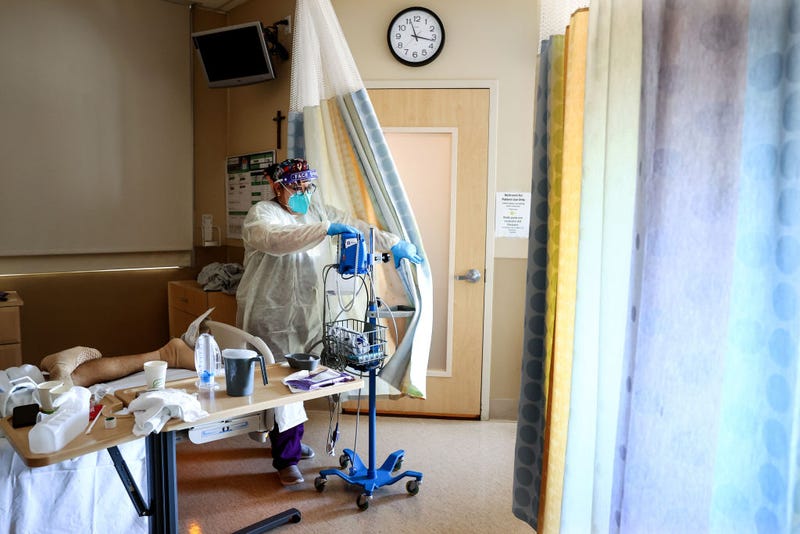
Pandemic success stories have been few and far between. However this one, using federal relief money to train healthcare workers, is one state officials hope will continue.
One of the ongoing problems in fighting the COVID-19 pandemic in Minnesota has been severe staffing shortages in long-term care facilities and veterans homes. In many cases, Minnesota National Guard troops have been filling those positions.
Now, Minnesota Governor Tim Walz is announcing 940 Minnesotans enrolled in free certified nursing assistant (CNA) training courses paid for with American Rescue Plan funds.
So far, 338 high school students took the training through their school districts. Commissioner of the state office of higher education Dennis Olson says there's still a great need for more CNA's and the state is ready to help.
“We have $6.7 million proposed in the governor's supplemental budget to carry on this initiative, not for 1000, but now 3000 per year,” says Olson. “This is a proposed ongoing investment of $6.7 million a year to be able to bring us closer to that goal. We know that the department of employment and development shows around 40,000 healthcare vacancies across the state, and of those 40,000, 15,000 are CAN’s. And so we know that we need to step up and provide a significant investment and opportunity for Minnesotans here to help us with our state workforce as well.”

Governor Walz says health care has evolved during the course of the pandemic, and this model of using government money to train and deploy needed professionals is something he'd like to see continue.
“I think this is a model that can be transferable to other high need areas,” says the governor. “We're seeing that whether it's in law enforcement, first responders, other things where we know we have to figure out creative ways to bring folks in, to bring them into these professions, to make it as easy as possible for them to get there and then get them out in the workforce.”
As for CNA training, several community and technical colleges in the state are offering the free programs that typically run 75 hours with courses lasting two to three weeks. The free CNA courses are still available.


